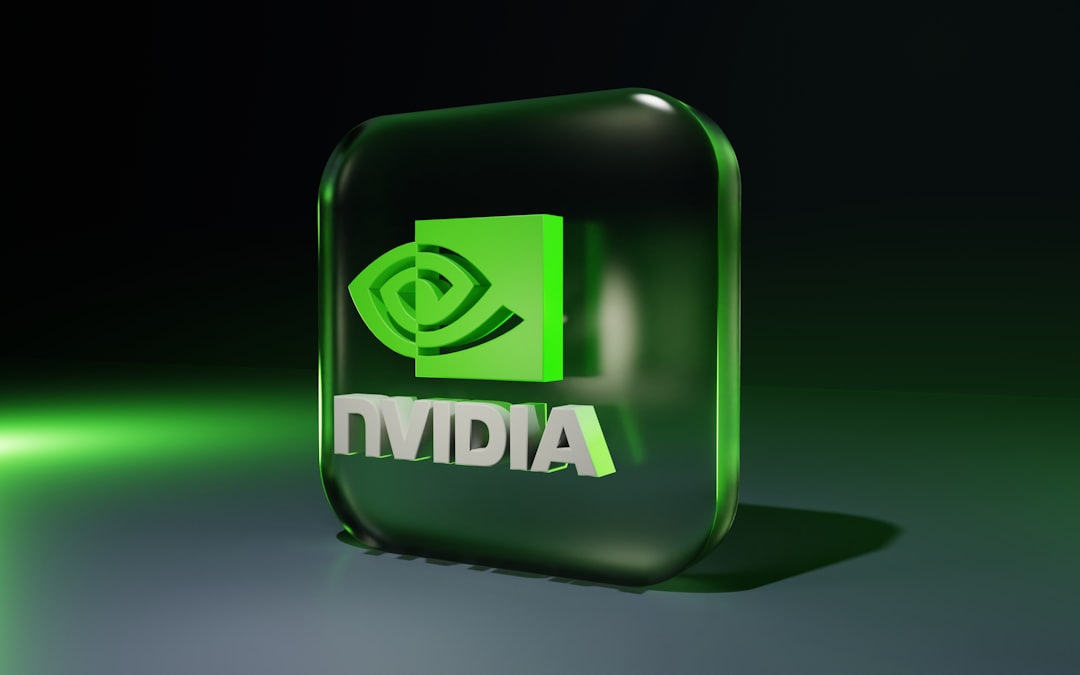Source: Parth Sanghvi
Internal Roadblocks in U.S.-UAE AI Chip Supply Deal
The U.S. government’s landmark AI chip supply deal with the United Arab Emirates, a strategic move publicly supported by President Donald Trump, is facing internal difficulties. According to reports from The Wall Street Journal, national security officials are scrutinizing the proposed shipment of Nvidia’s (NASDAQ:NVDA) advanced AI chips, which were endorsed during Trump’s Middle East visit. The concern stems from potential leaks of this technology to China, a country with an increasingly competitive stance in the global tech market.
What’s at Stake in the AI Chip Supply Deal?
The current predicament presents a complex scenario with multiple stakes for the involved parties.
Recipient Firm Under Scrutiny
The recipient firm under the microscope is the Abu Dhabi-based AI firm, G42. This UAE company, central to the country’s AI development strategy, is expected to receive 20% of the proposed AI chips. However, the U.S. Commerce Department has expressed reservations, highlighting the risk that China could indirectly access the sensitive AI technology via partnerships. The potential for technology leaks to China is a significant concern for the U.S., given the escalating tech cold war between the two countries.
Possible Revision of the Deal
In response to these concerns, officials are considering modifying the deal to exclude G42. While this modification could address U.S. national security concerns, it may also strain diplomatic relations with the UAE, where G42 is central to the nation’s AI development strategy.
Geopolitical Ramifications
The delay in finalizing the deal could have broad geopolitical implications. It opens the door for tech rivals, such as China’s Huawei, to expand their influence in the Middle East’s tech infrastructure. Analysts have warned that slowing or modifying the deal could hurt the U.S.’s competitiveness abroad.
The Global AI Market Continues to Grow
The delay in the deal comes amidst a surge in AI demand. Nvidia’s chips, which are central to large language models and AI research, are at the core of global digital infrastructure strategies. The chips’ advanced capabilities make them a high-demand item in the global tech market, contributing to Nvidia’s strong financial performance.
You can track Nvidia’s historical financial growth metrics via the Financial Growth API. It provides trends in R&D spending, revenue growth, and profitability, which are crucial for understanding how U.S. tech policy impacts corporate performance.
For a deeper evaluation of Nvidia’s real-time exposure in international markets and risk-adjusted valuation, the Key Metrics API (TTM) offers up-to-date insights into valuation multiples, margins, and return ratios.
Final Thoughts on the AI Chip Supply Deal
The ongoing Nvidia-UAE chip deal encapsulates the broader U.S. struggle to balance economic diplomacy with national security. It represents a critical test of AI’s role in foreign policy and the evolving tech cold war between the U.S. and China. Whether or not the agreement proceeds, its outcome will significantly impact the global AI market, the U.S.’s international tech competitiveness, and the delicate balance between economic growth and national security.

